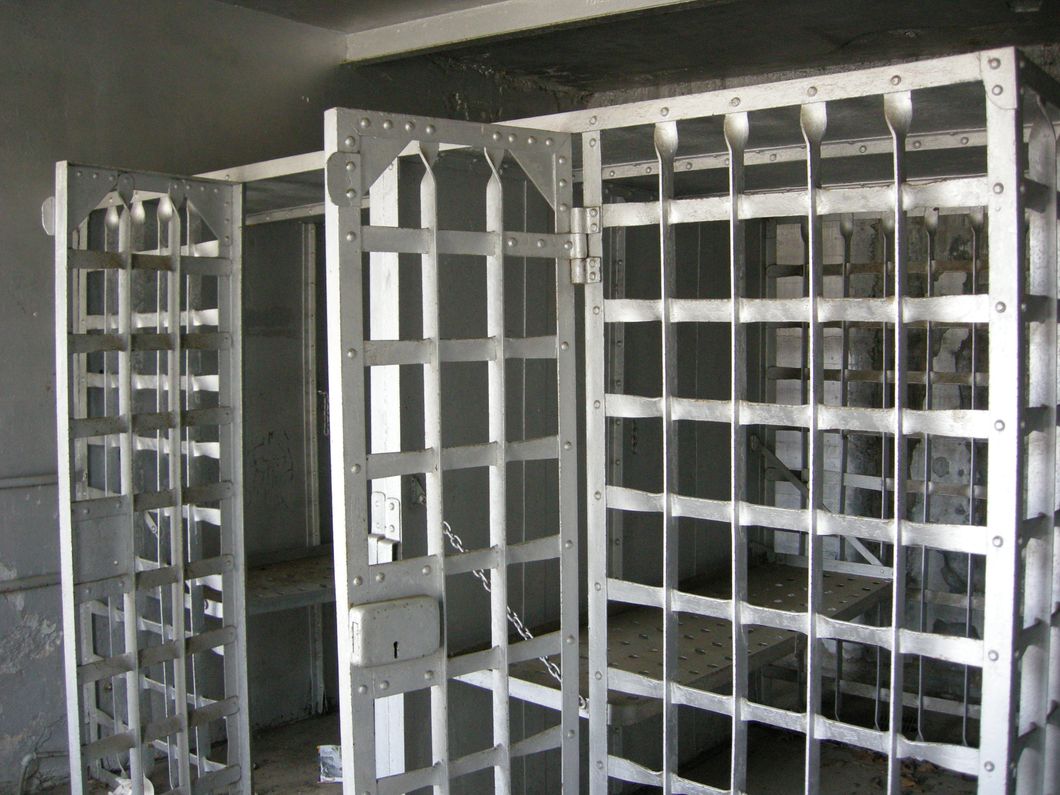Many people in the United States of America would consider voting to be an important right for people and crucial to our democratic process. However, there are people who are being withheld that right, and those citizens are felons. The United States is among four other countries in the world to have laws that disenfranchise voters after their sentences and paroles have been served. While laws vary from state to state, approximately 6 million people who have committed a felony were denied the right to vote in the year 2012 within the entirety of the U.S. This is quite an increase compared to 1976 when only 1.2 million felons couldn't vote.
Pair voter disenfranchisement for felons with the problem of mass incarceration, and a major issue becomes apparent. According to the census from 2010, 2,306 per 100,000 Blacks are incarcerated as opposed to 450 per 100,000 Whites. This immediately becomes an issue because it means that a certain portion of the population's voice is being suppressed to some extent. Historically, some argue that voter disenfranchisement laws were used in the South after the Civil War to incarcerate African-Americans. Whether or not some of these laws are still in effect for racist reasons is important to be aware of for sure, but the fact that so many people are unable to vote is dangerous to our democracy in and of itself
Proponents for the disenfranchisement of felons would argue that these people have shown a blatant disregard for the law; therefore, they do not reserve the right to partake in the making of it. Furthermore, people who have been convicted of such crimes cannot be trusted with something so powerful as a vote. If we do not allow felons to own guns or serve on a jury, surely the right to vote cannot be entrusted with them either. The recidivism rate of felons is massive, with 3/4 of those convicted returning to prison after 5 years, and so it is too dangerous to give them back their rights as soon as their sentence has been served.
However, there is a fundamental issue at hand with this thinking. First of all, the high prison recidivism rate of the United States can likely be attributed to multiple factors including the prison system and education. These issues can be fixed by legislators who are voted in. Without felons being able to vote, issues with the prison system may not properly be addressed! Their voices are not being heard on a certain level. While felons may still participate politically in other ways, they cannot exercise the simple function of voting in our democratic society. Many people consider it a part of our civic duty to vote, and as we try to reintegrate felons into society, they are denied this simple right.
Truly it is a shame that so many people today are not able to vote despite having served their full sentence. The original intent of the prison system was meant to be reformative, and not as punitive. Today, however, that no longer seems to be the case. Now felons are punished even after serving their sentence to an extent that some consider to be unjust. I would like to remind everyone out there to go out and look for the facts themselves and learn about voter disenfranchisement in the U.S.
















